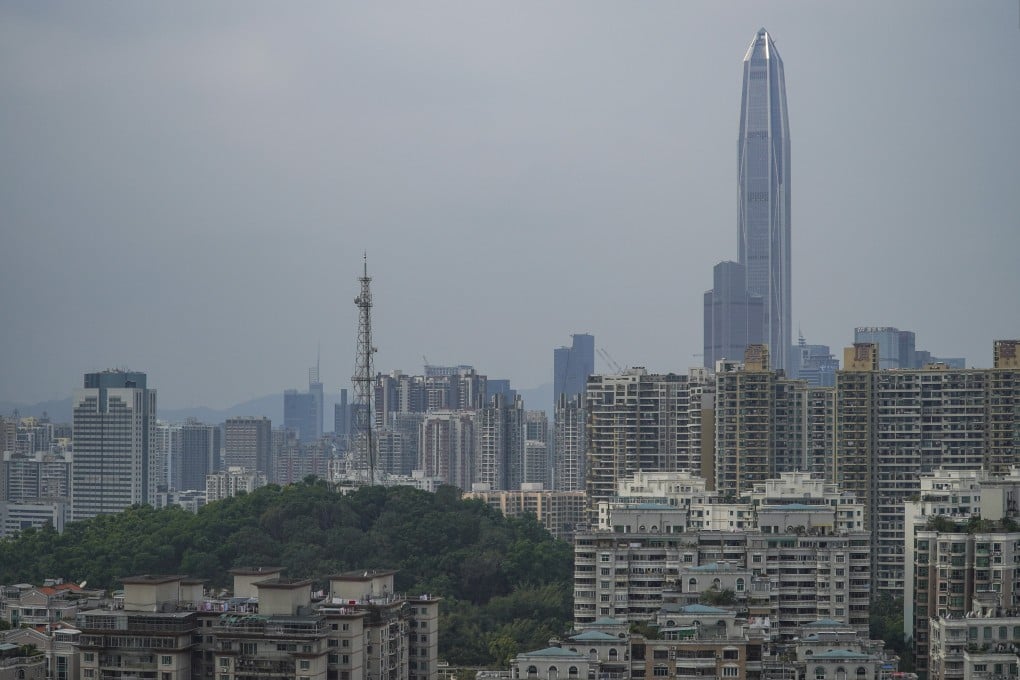Shenzhen home prices fell 15 per cent after about 300 cooling measures were launched in first half of 2021
- This round of cooling measures is more precise and powerful, analyst says
- Hukou of a subdistrict might no longer be enough to secure a spot in a primary school in that area

Towards the end of June, the average price of a second-hand home stood at 61,500 yuan (US$9,488) per square metre, or about 15 per cent below a peak of 72,436 yuan per square metre recorded in January this year, according to E-House China R&D Institute.
“This round [of cooling measures] is more precise and powerful, hitting core issues. For example, the crackdown on Xue Qu Fang, the setting of a guidance price for lived-in homes, and the summoning of officials from cities that have recorded sharp rises in home prices by the Ministry of Housing and Urban-rural Development. The government is for sure very determined this time,” said Zhang Dawei, an analyst with Centaline.
China’s top policymakers are keen on measured growth in its economy after the coronavirus pandemic, but want to avoid any overheating and spillover effects from expansionary US monetary and fiscal policy. They are also anxious about avoiding housing affordability issues spilling over into potential social instability.

01:02
Landmark Shenzhen skyscraper sways, sparking emergency evacuation
“We will keep the prices of land and housing, as well as market expectations, stable,” Premier Li Keqiang said in his annual work report to China’s legislature in Beijing in March. “We will address prominent housing issues in large cities [and] make every effort to address the housing difficulties faced by our people, especially new urban residents and young people.”